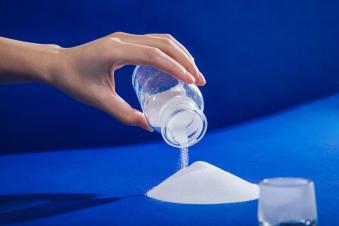1. Introduction
Polycarbonate (PC) is a high-performance thermoplastic known for its exceptional strength, transparency, and heat resistance. As an engineering plastic, PC is widely used in industries requiring durability, optical clarity, and flame retardancy. This article explores PC plastic’s properties, key applications, processing methods, and market outlook.
2. Properties of Polycarbonate (PC)
PC plastic offers a unique combination of characteristics, including:
- High Impact Resistance – PC is virtually unbreakable, making it ideal for safety glasses, bulletproof windows, and protective gear.
- Optical Clarity – With light transmission similar to glass, PC is used in lenses, eyewear, and transparent covers.
- Thermal Stability – Retains mechanical properties at high temperatures (up to 135°C).
- Flame Retardancy – Certain grades meet UL94 V-0 standards for fire safety.
- Electrical Insulation – Used in electronic housings and insulating components.
- Chemical Resistance – Resistant to acids, oils, and alcohols but can be affected by strong solvents.
3. Key Applications of PC Plastic
Due to its versatility, PC is used in various industries:
A. Automotive Industry
- Headlamp lenses
- Sunroofs and windows
- Dashboard components
B. Electronics & Electrical
- Smartphone and laptop casings
- LED light covers
- Electrical connectors and switches
C. Construction & Glazing
- Shatterproof windows (e.g., bulletproof glass)
- Skylights and noise barriers
D. Medical Devices
- Surgical instruments
- Disposable medical equipment
- IV connectors and dialysis housings
E. Consumer Goods
- Water bottles (BPA-free PC)
- Safety goggles and helmets
- Kitchen appliances
4. Processing Methods for PC Plastic
PC can be processed using several manufacturing techniques:
- Injection Molding (Most common for high-precision parts)
- Extrusion (For sheets, films, and tubes)
- Blow Molding (For bottles and containers)
- 3D Printing (Using PC filaments for functional prototypes)
5. Market Trends & Challenges (2025 Outlook)
A. Growing Demand in Electric Vehicles (EVs) & 5G Technology
- The shift toward lightweight materials in EVs increases PC demand for battery housings and charging components.
- 5G infrastructure requires high-frequency PC-based components.
B. Sustainability & BPA-Free PC Alternatives
- Regulatory restrictions on Bisphenol-A (BPA) drive demand for bio-based or recycled PC.
- Companies are developing eco-friendly PC grades for food-contact applications.
C. Supply Chain & Raw Material Costs
- PC production depends on benzene and phenol, which are subject to oil price fluctuations.
- Geopolitical factors may impact resin availability and pricing.
D. Regional Market Dynamics
- Asia-Pacific (China, Japan, South Korea) dominates PC production and consumption.
- North America & Europe focus on high-performance and medical-grade PC.
- Middle East is emerging as a key supplier due to petrochemical investments.
6. Conclusion
Polycarbonate remains a critical material in advanced manufacturing due to its strength, transparency, and thermal stability. While traditional applications in automotive and electronics continue to grow, sustainability trends and new technologies (EVs, 5G) will shape the PC market in 2025. Manufacturers investing in BPA-free and recycled PC will gain a competitive edge in an increasingly eco-conscious market.

Post time: May-15-2025


